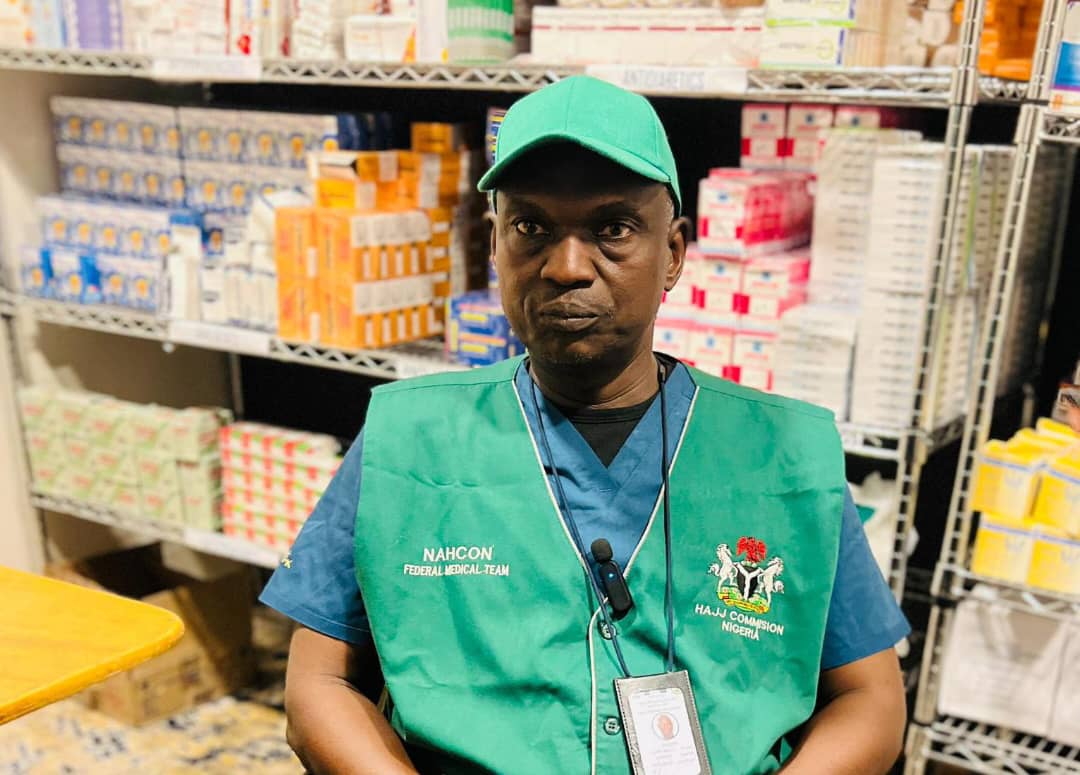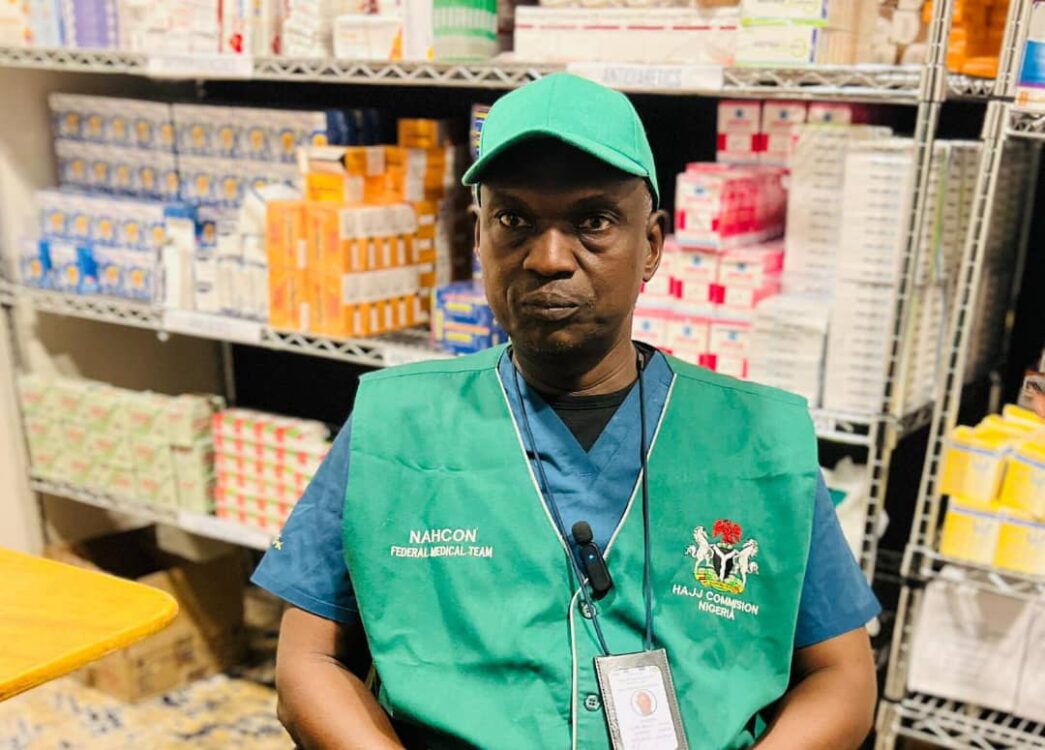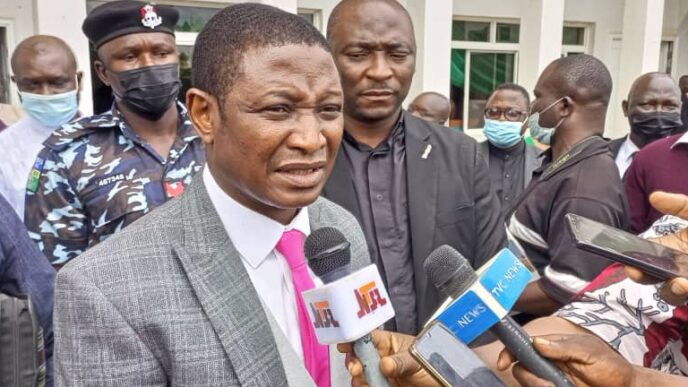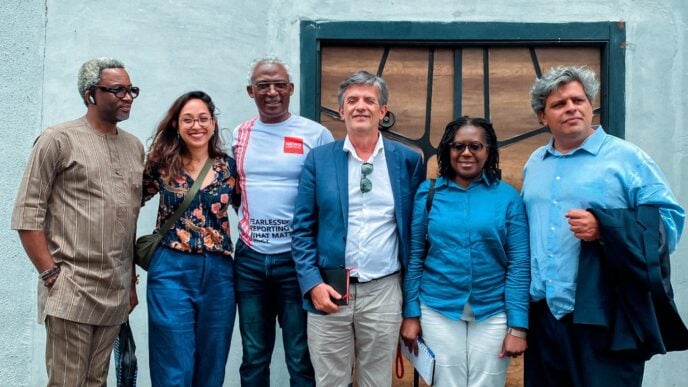The National Hajj Commission of Nigeria (NAHCON) says 11 Nigerian pilgrims have been treated for mental health-related illnesses in Saudi Arabia.
Hamidu Liman, head of the NAHCON medical mission in Madinah, who addressed journalists on Saturday said the cases were triggered by emotional stress, exhaustion, and sudden environmental changes, especially among individuals with pre-existing psychiatric vulnerabilities.
“Psychiatric or mental health issues occur every year. This is often because some individuals already have underlying mental health conditions, whether declared or not,” he said.
“When they are exposed to stress and a new environment, the symptoms manifest.
Advertisement
“So far, since our arrival, we have had about 11 active mental health cases. Fortunately, we have qualified professionals on the team who are trained to handle such issues.
“We also have an active collaboration with a mental health hospital here in Madinah.
“We stabilise them here, refer them if necessary, and continue monitoring their recovery until they are fit to rejoin their groups or move to Makkah.”
Advertisement
Liman noted that despite the complex health needs of pilgrims, no fatalities have been recorded since the start of medical operations in the city.
“Alhamdulillah, we are in the third week of operations here in Madinah, and we have not lost a single patient,” he said.
He also said that two patients were recently quarantined — one for suspected tuberculosis and another for a possible case of monkeypox — but both later tested negative.
The medical head added that all cases are being handled with compassion and strict confidentiality.
Advertisement
On pharmaceutical logistics, Liman said there have been adjustments to the supply of controlled medications, particularly narcotics, in line with current Saudi Arabian government policy.
“This year, there is a challenge not peculiar to Nigeria. The Saudi Arabian government has insisted on curbing narcotics and, for this reason, has banned all countries from bringing in narcotic drugs,” he said.
“They require that all narcotics be procured locally. This has caused some delays in obtaining the medications for which we normally have licences to import.
“However, this has not prevented us from managing these patients, as we have an open licence with the local psychiatric hospital.”
Advertisement
Liman said NAHCON has also heightened infection surveillance, noting that no serious outbreaks have been reported so far.
He said NAHCON’s community and environmental health officers have been deployed to all camps to provide continuous education on hygiene, hydration, and heat safety.
Advertisement
Liman said the use of an electronic medical records (EMR) system has made the team’s work more efficient by tracking visits and medication history.
Advertisement











